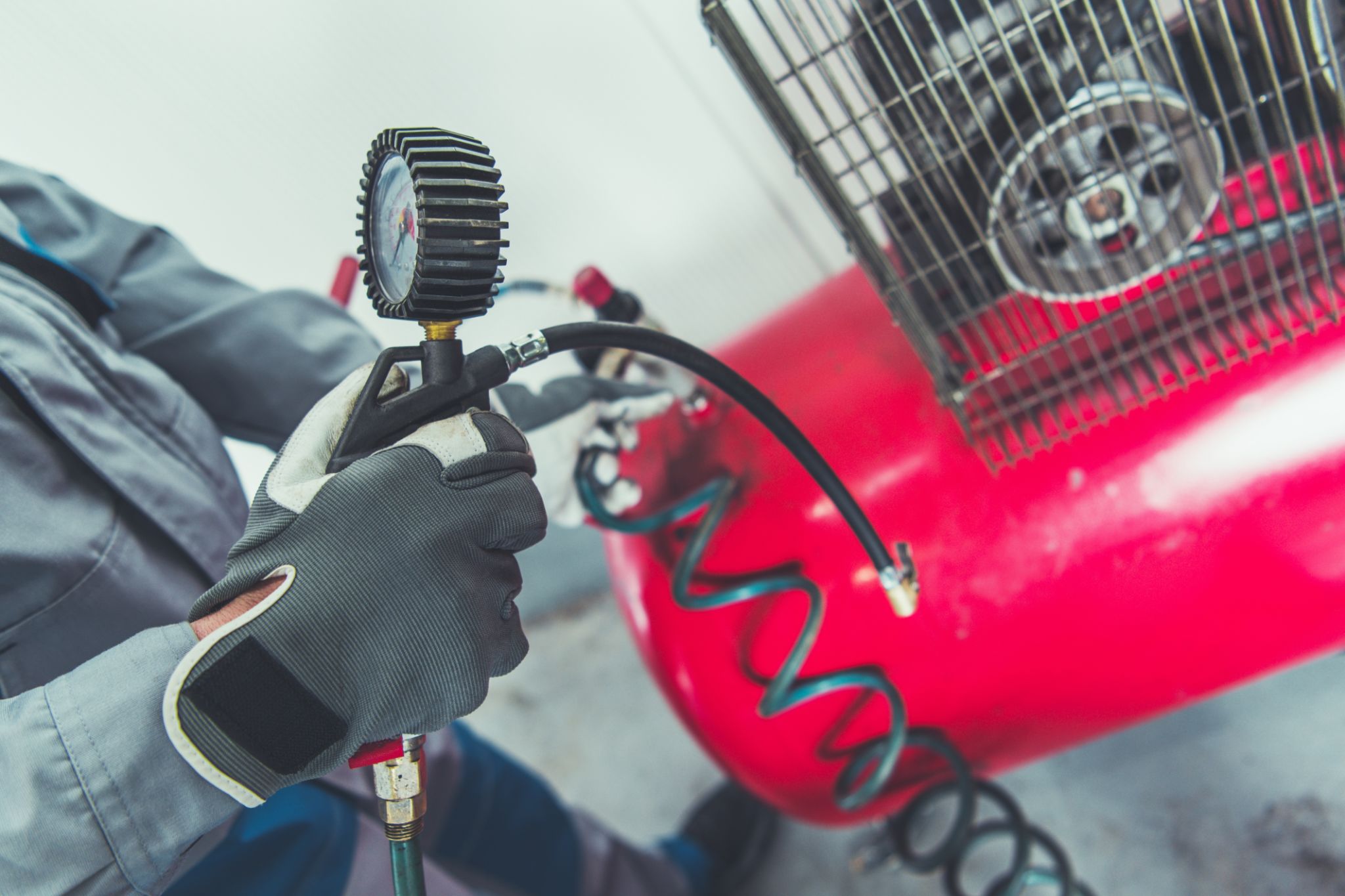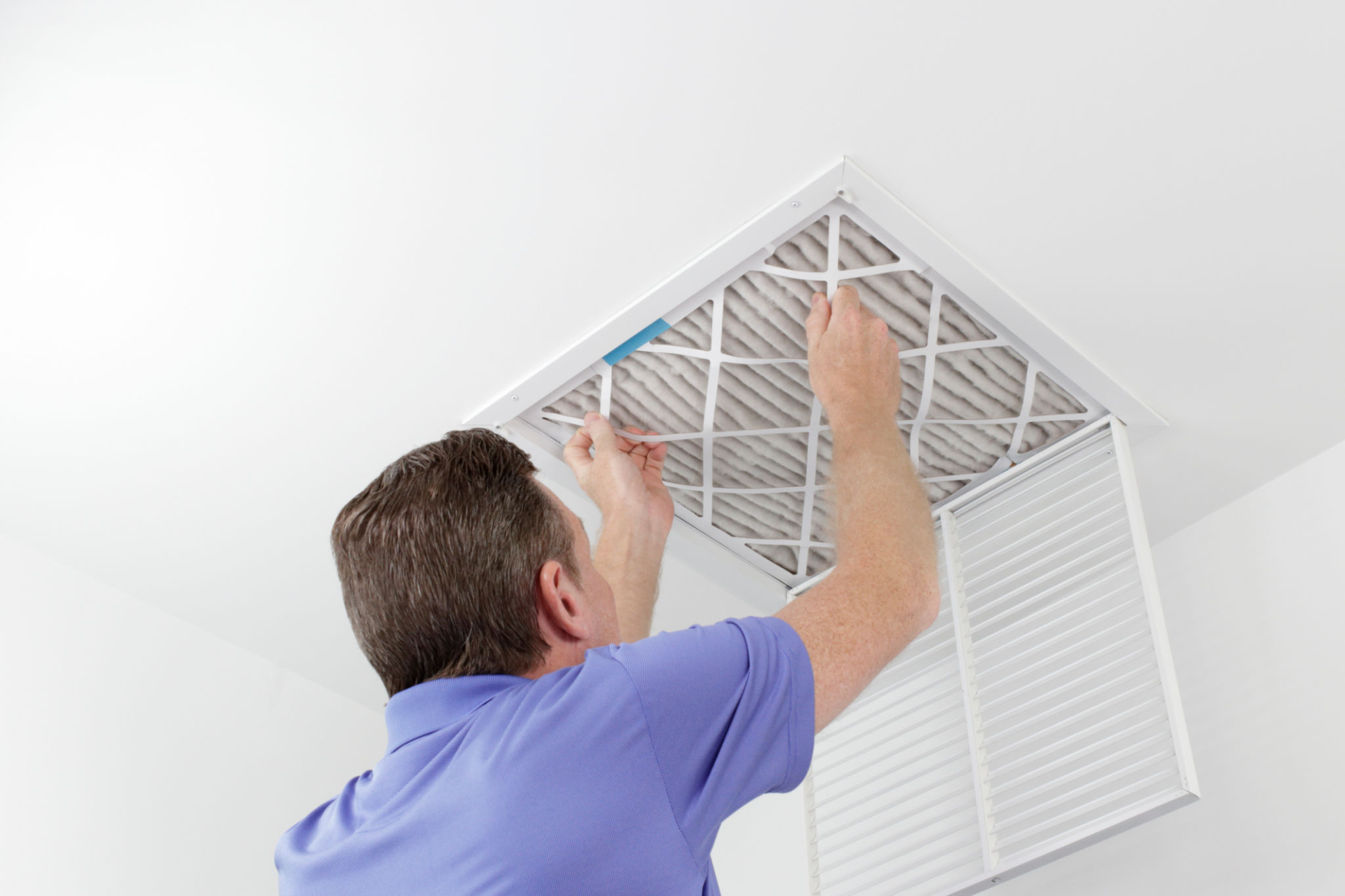Maintaining Air Compressors: Expert Tips for Longevity and Performance
Understanding the Importance of Air Compressor Maintenance
Air compressors are vital pieces of equipment in various industries, providing the power necessary for a wide range of applications. To ensure their efficient operation and prolonged lifespan, regular maintenance is essential. Neglecting this can lead to reduced performance and costly repairs, or even complete equipment failure.
By implementing a consistent maintenance routine, you can improve the reliability and efficiency of your air compressor. This not only saves you money but also ensures your projects run smoothly without unexpected interruptions.

Regular Inspection and Cleaning
Check for Leaks and Wear
One of the first steps in maintaining your air compressor is to perform regular inspections for any signs of leaks or wear. Leaks can significantly reduce efficiency by causing the compressor to work harder than necessary. Check hoses, tubes, and fittings for signs of leaks, and replace any worn parts promptly to avoid further damage.
Keep Filters Clean
Filters play a crucial role in maintaining air quality and preventing contaminants from entering the system. Dirty or clogged filters can hinder performance and lead to system inefficiencies. Regularly clean or replace filters according to the manufacturer's recommendations to ensure optimal air quality and compressor performance.

Lubrication and Fluid Levels
Maintain Proper Lubrication
Lubrication is key to reducing friction between moving parts, which helps prevent wear and tear. Check the oil levels frequently and replenish as needed, using the appropriate grade of oil specified by the manufacturer. Regular oil changes are also important to maintain optimal performance.
Monitor Fluid Levels
Apart from oil, other fluids like coolant or hydraulic fluids should also be monitored regularly. Low fluid levels can lead to overheating and other operational issues. Ensure that all fluids are topped up and replaced as per the recommended schedule.

Test Safety Systems
Air compressors come equipped with various safety systems to prevent accidents or damage. Regularly test these systems to ensure they are functioning correctly. This includes checking pressure relief valves, emergency shut-off systems, and any other safety features specific to your model.
Ensuring that safety systems are operational not only prolongs the life of your compressor but also safeguards employees and equipment from potential hazards.
Schedule Professional Maintenance
While routine checks and minor maintenance tasks can be handled in-house, scheduling professional maintenance is crucial for more thorough inspections and repairs. A qualified technician can identify potential issues that may not be apparent during regular checks and provide expert solutions.
Having a professional service your air compressor annually or bi-annually can prevent minor issues from escalating into major problems, ensuring longevity and consistent performance.

Develop a Maintenance Schedule
Creating a detailed maintenance schedule can help keep track of necessary tasks and ensure they are completed on time. An organized approach to maintenance not only improves efficiency but also reduces downtime due to unforeseen issues.
- Inspect hoses and fittings weekly.
- Clean or replace filters monthly.
- Check oil levels every 500 hours of operation.
- Schedule professional service annually.
By adhering to a consistent maintenance schedule, you ensure that your air compressor remains in peak condition, providing reliable performance for years to come.
